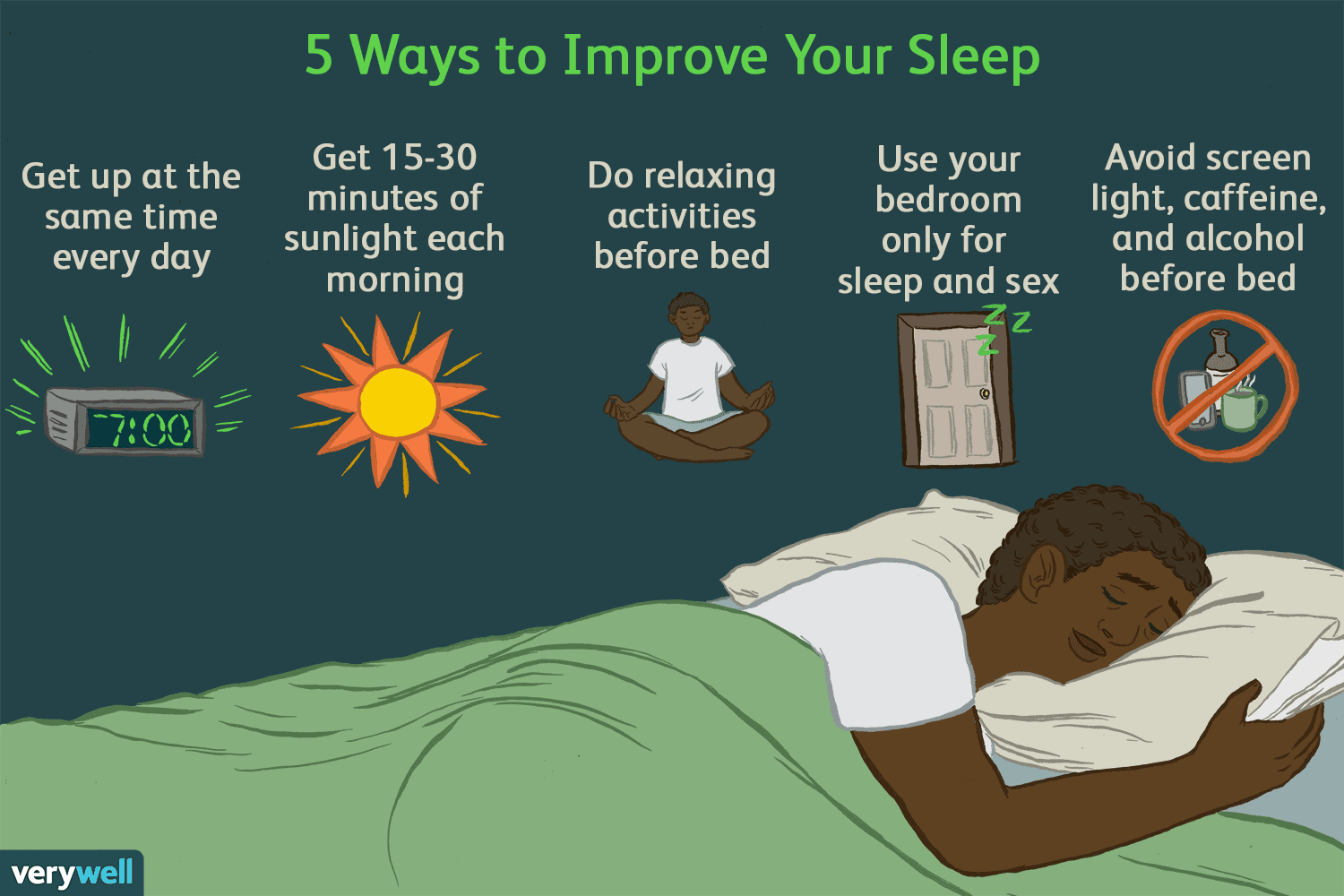In order to get a good night’s rest, you need to know the best times to sleep. According to Chris Jordan, the director of exercise physiology at Johnson & Johnson’s Human Performance Institute, going to bed at the same time each day helps the body’s biological clock. It makes waking up easy and the body will have enough time to adjust its internal clock. During the day, wind down by reading or doing deep breathing exercises before retiring to bed.
Avoiding late-night snacking
It’s never too late to enjoy a snack, but if you want to get a good night’s sleep, you need to think about what you’re eating. Certain foods can actually help you sleep, while others may actually harm your sleep. Functional medicine nutritionist Nathalie Rhone says foods high in sugar and fat may actually have a negative effect on sleep. These foods can also cause indigestion and heartburn, so it’s important to avoid them.
It’s also important to keep yourself busy. Planning activities for the evening will keep your mind busy and prevent mindless late-night snacking. Studies show that late-night snacking has been linked to excess calories and poor health. So, if you want to get a better night’s sleep, you’d better avoid late-night snacking altogether. By following these tips, you’ll be on your way to a better night’s sleep.
Decluttering your bedroom
Whether you’re having trouble sleeping or simply want to get some extra rest, decluttering your bedroom is a great idea. Clearing away unnecessary items will not only improve your sleep, but it will also leave you with a more peaceful and comfortable space. The first step in decluttering your bedroom is to eliminate all electronic devices. This includes TVs, mobile phones, and tablets. By removing these items from your bedroom, you’ll remove all temptations to use them late into the evening or get up early. You’ll also want to keep your mobile alarms out of the bedroom as well, as the snooze function can interfere with a healthy sleep.
When it comes to decluttering your bedroom, keep it clean and free of clutter. Remove all clutter, including books, magazines, and electronics. If you can, keep the room cool and dark. The National Sleep Federation found that 75% of people prefer fresh-smelling sheets. And decluttering your mind is key to sleeping well. Try not to work in your bedroom. Take a break from work and meditate, or leave the work outside the room. This way, you’ll be reinforcing your bedroom as a place to rest.
Avoiding sleeping pills
Despite their addictive properties, sleeping pills aren’t the best way to get a better night’s rest. While they can temporarily improve your sleep, they are often only a short-term solution to an underlying problem. Rather than using sleeping pills to get a better night’s sleep, you should avoid them altogether. Not only can they cause addiction, they also can make your insomnia worse.
In addition to potentially dangerous side effects, taking sleeping pills may also interfere with the effects of other common medications. Some of these drugs can interact with common medications, like antibiotics and antidepressants. Stopping abruptly may result in uncomfortable withdrawal symptoms, rebound insomnia, and potentially dangerous drug interactions. Also, the pills can mask the underlying causes of insomnia, so you should carefully read the packaging insert before taking them.



